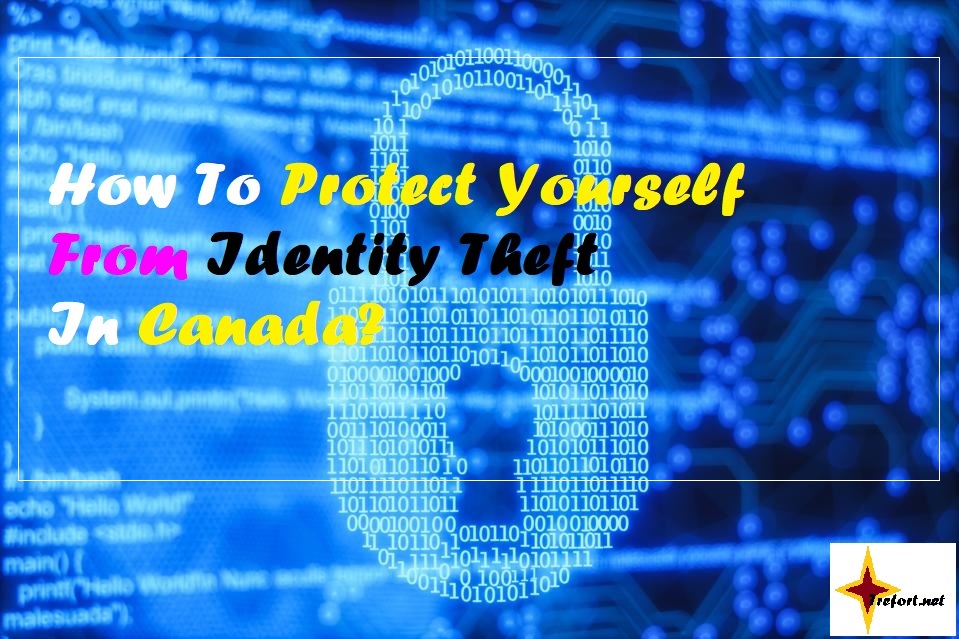Identity theft in Canada: Learn How to protect yourself from being scammed and online theft!
What is identity theft?
Identity theft is a type of scam where third parties use your personal information such as your name, date of birth, address, social insurance number, and various other personal-related details for the purpose of committing criminal activities. In Canada, Identity Theft is a major cybercrime and therefore you need to be aware to protect yourself and your identity. Suppose, a third party gets hold of your details, they will use that information by impersonating you and use your identity for their crimes! They resort to crimes such as mail theft, phishing, or carrying out attacks on databases or online services by using your identity.
One should always be careful when adding personal details on the internet. This is because the Internet is a place where most scams take place. Your personal information such as date of birth, social insurance number, medical information, phone number, login credentials, and so on. They are always at risk whenever you enter a new site.
Such data are collected and saved when you make any interactions on social media; or made any online subscriptions; or created financial accounts, and so on. Know that your data is also collected and saved when you browse the internet explorer or any other relevant online databases and cloud services.
Risk factors of identity theft!
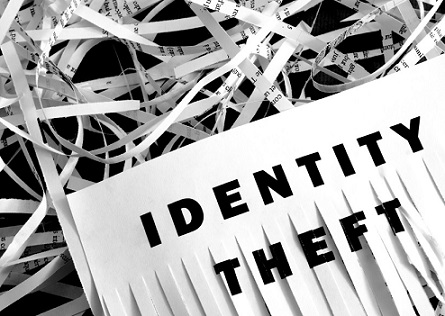
Whenever you go online and enter any personal details and information, your personal space is compromised whether you like it or not, and is always at risk!
Some risk factors of identity theft include an individual using your personal information and impersonating you to apply for loans and mortgages; opening a bank account, obtaining GST and HST [s]; obtaining rebates and refunds; payments of benefits and credits or any type of income tax refunds.
Identity theft may also resort to other serious crimes like phishing, fraud, scam calls, and messages. It also includes downloading malware or sharing sensitive messages and information and many other heinous crimes!
What should you do when you fall victim to identity theft?
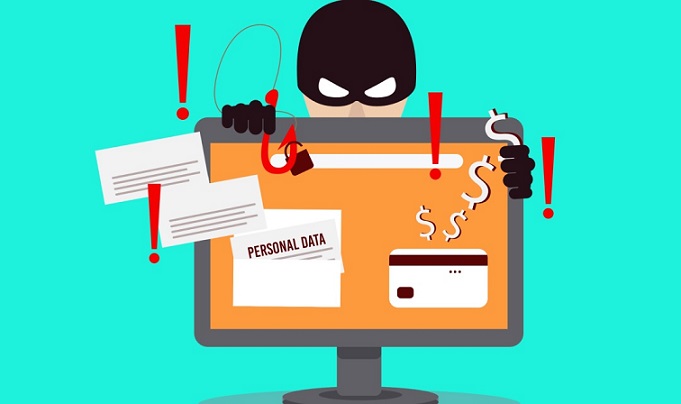
If you have ever been a victim of identity theft or any other related scams for that matter, you know how difficult it is, to recover from the experience. If you even get the slightest feeling that, your account must have been hacked or someone is impersonating you; the wise thing to do here is to report the crime at the earliest. This is because; reporting it early may most probably help you recover your stolen identity faster!
If you are a Canadian citizen, you can immediately get hold of the Royal Canadian Mounted Police’s Phonebusters by phone calls or email, which is available on their official website. To be on the safer side, you are advised to conduct a review of your credit report on a regular basis. By doing so, you will get an idea of whether or not, your personal details have been jeopardized!
5 Important Tips
Here are some important tips to follow when you fall victim to identity theft:
- First things first, you have to file a complaint at the local police station. And, notify your bank to freeze your accounts to avoid further false transactions.
- For people living in Canada, you can contact the CRA at this given number 1-800-959-8281
- You should report the scamming theft to a credit reporting agency like Equifax or TransUnion;
- Remember to keep records of all your recent purchases, payments, and financial transactions that took place prior to the crimes. This will help in evidence for further investigation!
- Get the necessary information on how and where you can replace identity cards. For instance, health card, driver’s license, or SIN if necessary.
How to protect yourself from identity theft?
Never Provide Personal Information
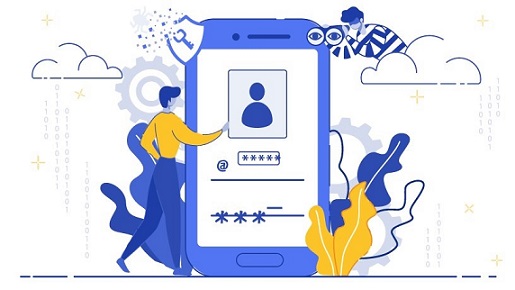
This is an important rule for all. Regardless of whether you have ever been scammed or not, you should never provide any sort of personal information via the Internet or email. The CRA or any official department does not ask for your personal information by email. You should also be careful of providing other important details such as your SIN, or date of birth over the phone.
Keep all of your access codes, user ID, passwords, and PIN codes safe and secret. And most importantly, before you sign up for any services and accounts, do your own private research about that particular company or website before including signing up!
Be Aware Of Voice Phishing
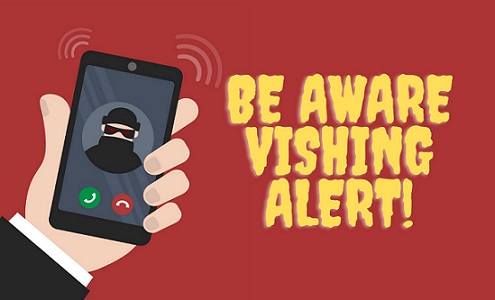
Be cautious of falling victim to voice phishing! You may receive calls saying that you won the lottery and hence you need to pay taxes to claim your reward. This is a scam! Always choose your taxpayers wisely after thorough background checks to avoid falling victims to such scams and frauds!
Keep A Check On Your Personal Information
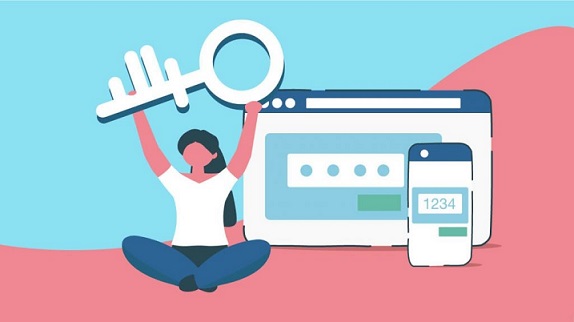
When you register your Account on the CRA website, you should continue to regularly keep a check on your personal information. This will ensure that it is valid and up to date. And also, it is advisable that, you link your current address current with all relevant government departments and agencies!
Use Security Tools And Software

You should also consider the use of security tools and software to install a firewall. This can filter and block malicious traffic protecting your network from any harmful external threats. You can also install antivirus software. Then, scan your devices for malware and anti-phishing software to block any contents related to phishing on a regular basis.
Avoid Public Wi-Fi Networks
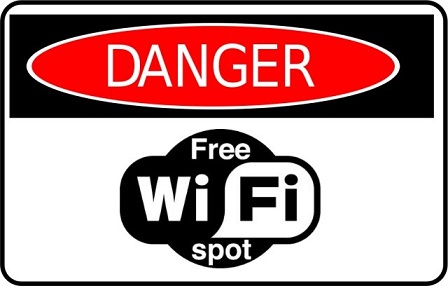
Getting free Wi-Fi is always a happy occasion. But, what we are not aware of is the fact, that our mobile devices are quite vulnerable to viruses and hackers. Wi-Fi is a sweet spot for all hackers to scam people. Therefore, you should at the most avoid public Wi-Fi networks especially if you are using it for some important work with all your personal details included!
Review Your Accounts

Another important measure to protect yourself from identity theft in Canada is to review your accounts. Monitor all of your financial accounts for suspicious activities on a regular basis. Cultivate the habit of checking your credit card bills for any illegal charges and withdrawals mot made by you! And in cases where you no longer use an account, make sure that all of your personal details and information are removed before deleting it.
Keep track of all your accounts using Identity Protect!
Avoid click baits from an unrecognized mail
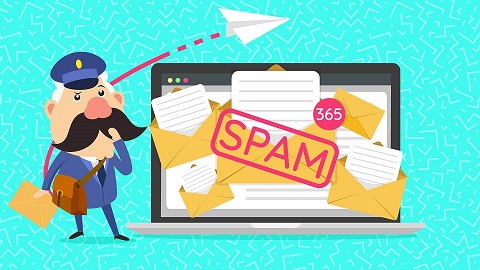
When you receive any click baits or links from an unrecognized mail, it is best advisable to ignore it because it is most likely a scam! Also, shred and destroy all documents that may contain your personal information and details, before throwing them away!

